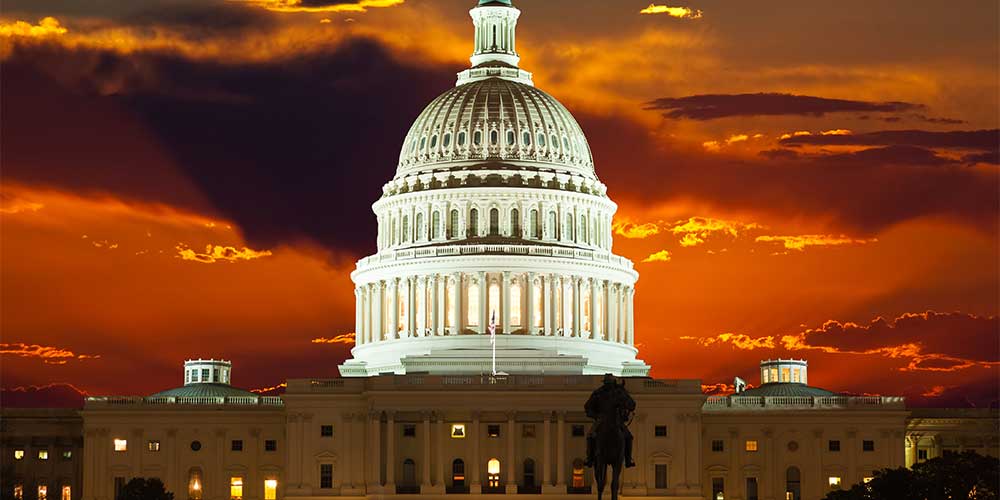
“Yeah, we observe the Sabbath,” says Ivanka Trump. “From Friday to Saturday we don’t do anything,” the new U.S. President’s daughter shared in a 2015 Vogue Interview with Jonathan van Meter.1 She and her Orthodox Jewish husband, Jared Kushner, detailed for the journalist some of the ways they celebrate this weekly day of rest on Saturday, the seventh day of the week.
“So for Friday, she’ll make dinner for the two of us, and we turn our phones off for 25 hours. Putting aside the religious aspect of it; we live in such a fast-paced world,” says Jared.
“It’s an amazing thing when you’re so connected,” Ivanka says, “to really sign off.”
Ivanka’s father, sworn in as 45th President of the United States today, has gotten used to not being able to reach Ivanka or Jared via text, phone or email from Friday sundown to Saturday sundown.
Ivanka grew up in a Presbyterian home, but converted to Judaism, and thus Sabbathkeeping, when she married her Jewish husband.
The couple is described by many observers as very influential in the incoming Trump administration. Jared was recently named senior advisor to the President. Both he and Ivanka have stepped down from their respective business roles and are moving to D.C. to focus on new duties. Some pundits believe that the couple may have played a pivotal role in helping Ivanka’s father get elected.
Why does any of this matter? To students of Bible prophecy, it’s always instructive to trace the connections between national leaders and the God-given freedom to exercise one’s religion according to the dictates of conscience. In the long and often painful story of Judaism, we can see moments of crisis when those who put God first didn’t have the freedom to worship on the day He instructed.
The same Bible reminds us that even powerful statesmen and advisors such as the Hebrew prophet Daniel were sometimes unable to prevent laws that restricted their own religious freedom and that of others. Proximity to power doesn’t always ensure the ability to influence the way that power is used, especially when the rights of religious minorities are concerned.
Celebrating the Biblical Sabbath on the seventh-day of the week, or Saturday, is one of those minority religious experiences in our world that needs and deserves protection. Even the largest group of Sabbathkeepers in the world—Seventh-day Adventists—numbering 19 million global members, are less than one percent of the worldwide Christian population. Judaism in all its branches adds another 15 million Sabbathkeepers to the total.
Seventh-day Adventists have historically understood their mission to call attention to the Biblical Sabbath of the Ten Commandments, and to invite others to join them in worshipping on the day the Bible describes as a weekly memorial of God’s creative activity. They are also acutely aware of the pressures toward conformity for religious minorities in any society, and particularly one in which the large majority of Christians worship on a different day. That’s why Adventists have for decades been vigorous defenders of the rights of religious minorities of all kinds. They believe that the freedoms enshrined in the U.S. Constitution and the United Nations Declaration of Human Rights belong to all men and women, and that faithfulness to God is a higher duty than even loyalty to one’s country. History can only repeat itself if citizens forget the hard-won freedoms designed to protect those who, when called to choose, “obey God rather than men” (Acts 5:29).
Sabbathkeepers everywhere can hope—and pray—that those like Ivanka and Jared Kushner, who cherish the Biblical Sabbath, remain influential in the life of the new leader of the free world.
1. http://www.vogue.com/11739787/ivanka-trump-collection-the-apprentice-family/